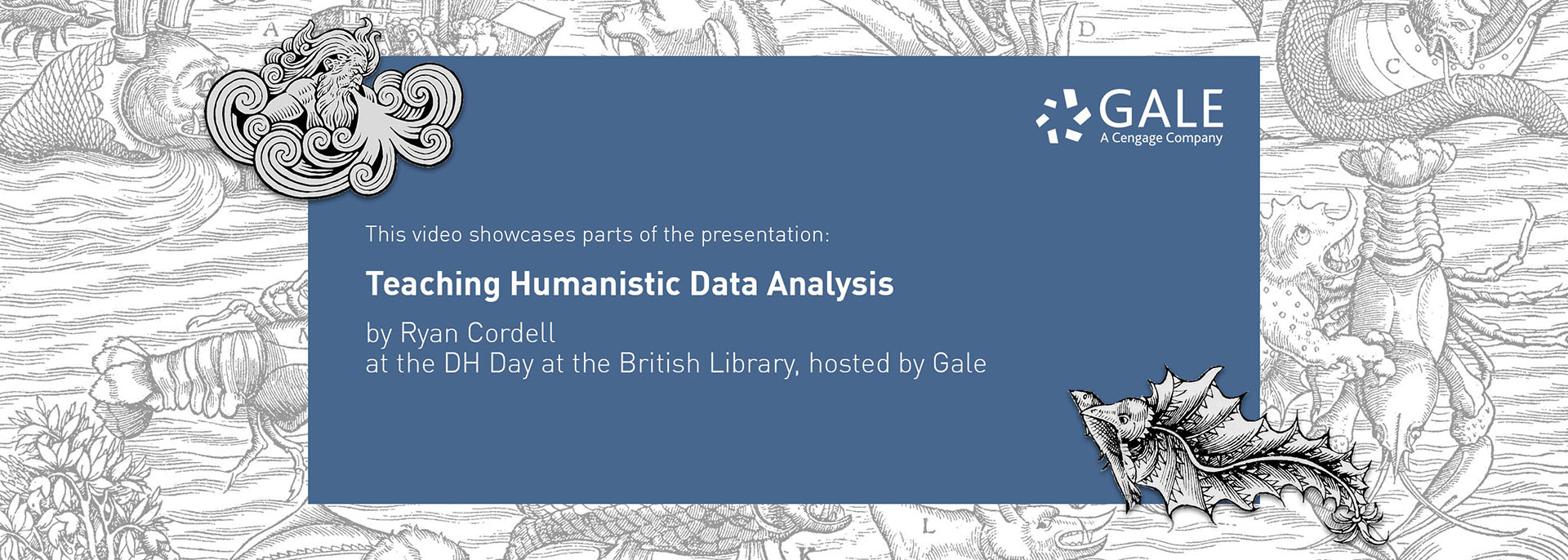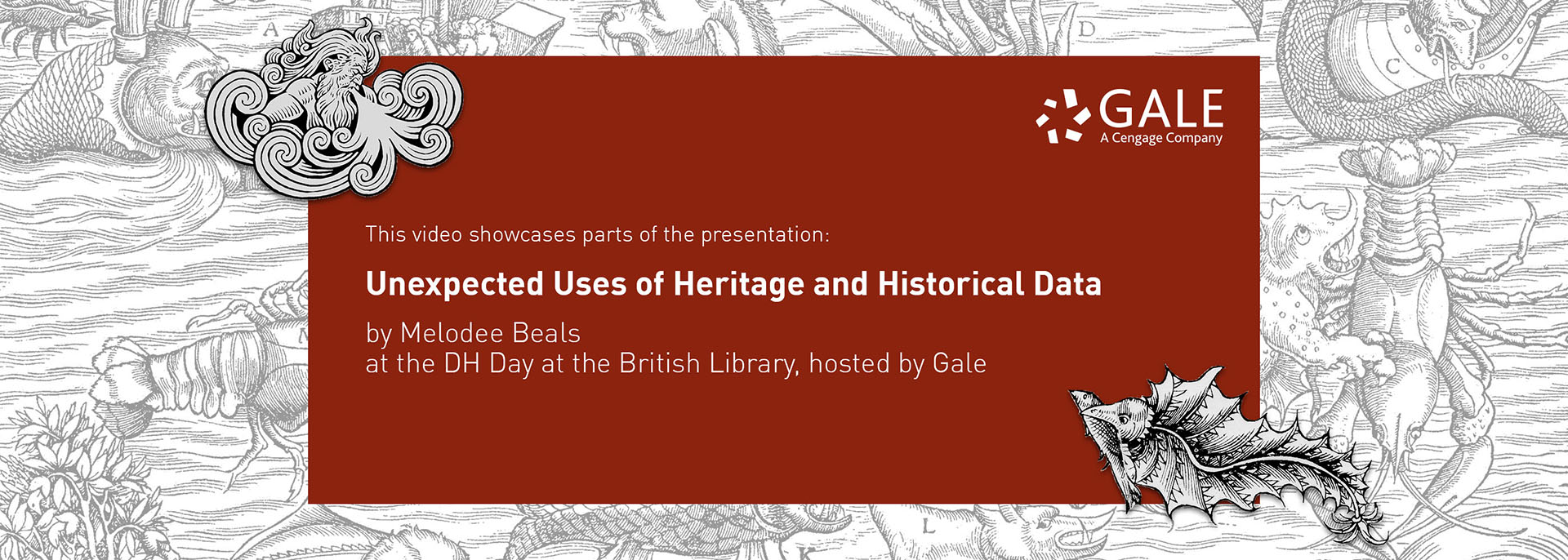Digital Scholarship Today
The digital humanities (DH), or humanities computing, arose in the late 1940s as a field of academic study, research, teaching, and invention concerned with the intersection of computing and the discipline of the humanities. It is methodological by nature and interdisciplinary in scope.
In many ways, humanities computing is still a growing discipline. With that growth comes a mix of exciting opportunities for researchers and libraries—and a host of challenges to overcome
Processing Information
When performing analyses and finding, cleaning, and organizing data, natural language processing (NLP) for historical texts can be a daunting task for researchers, especially when they are attempting to generate meaningful results. Gale Digital Scholar Lab removes these barriers and streamlines the workflow process, giving researchers more time to identify previously undiscovered data, test theories, analyze results, and gain new insights about their area of study.
Being Innovative With Humanities Computing and Text Analysis
For researchers, digital scholarship is inspiring new ways of using technology to interrogate content, analyze insights, and output discoveries. Collaboration is a key driver of change as people with diverse backgrounds and skills come together to address common barriers related to applying new computing tools to a corpus of main content from primary sources that may not always be prepped and accessible.




